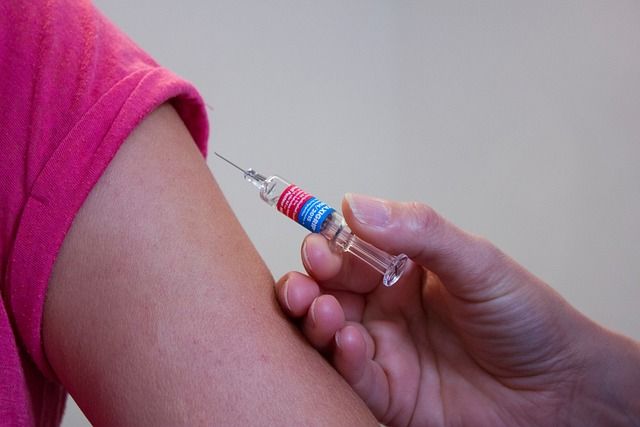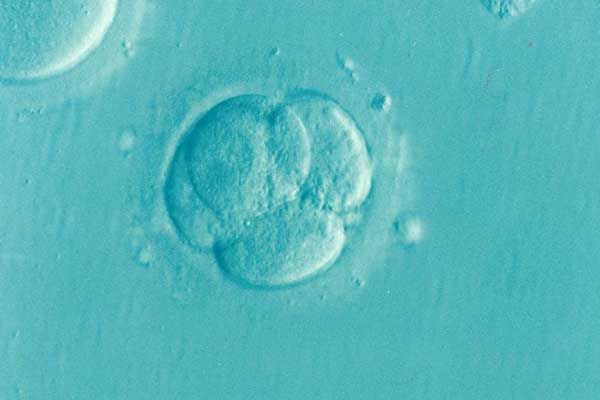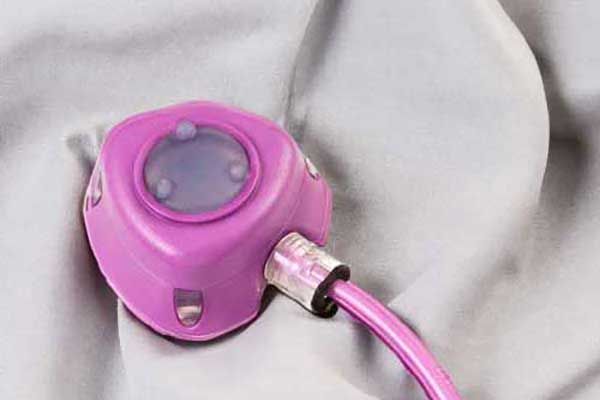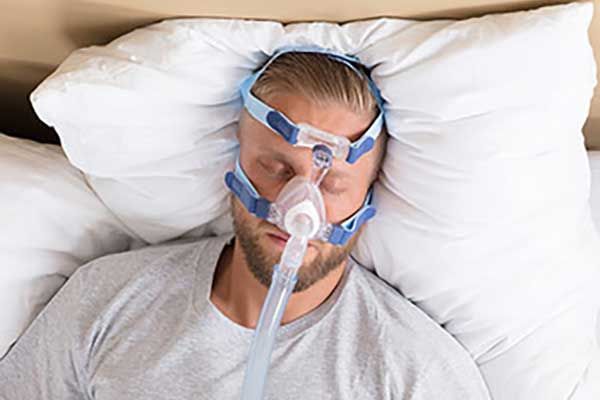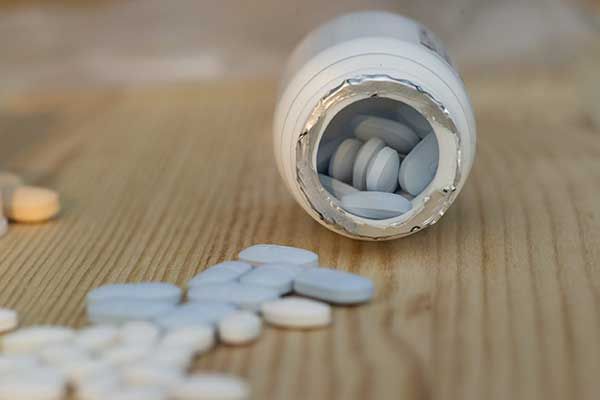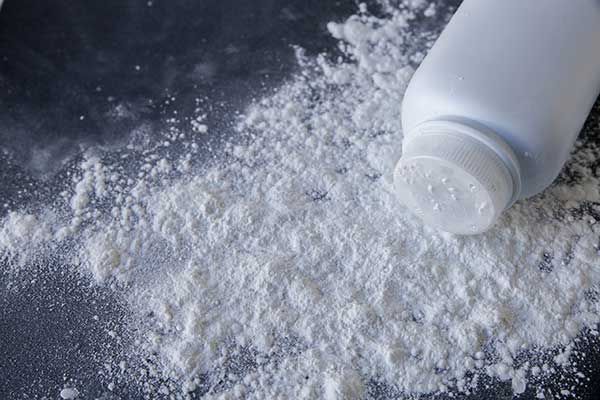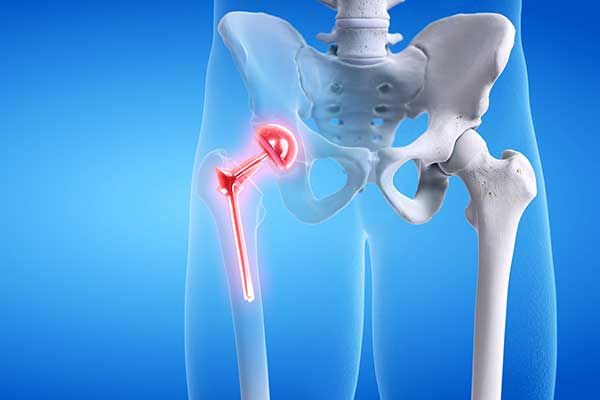

Preservation Plan in Place for Defective CPAP Machines
After millions of Philips DreamStation CPAP and BiPAP machines were recalled in the summer of 2021, consumers are looking for replacement devices or repairs of their devices. Patients are also looking for other relief from the medical supply manufacturer, in the form of compensation from a personal injury lawsuit.
The recall stemmed from problems with the polyester-based sound abatement foam within the breathing machines. The foam quiets the vibrations that the machine makes when in use, for a more comfortable sleep. Over time, however, this foam is prone to breaking down and may release particles and toxic gases into the user’s airways. This has allegedly resulted in cancer diagnoses, respiratory problems, and other injuries claimed by plaintiffs across the country. The lawsuits have been centralized in one court before one judge due to the similarity of the claims (for this litigation, the Western District of Pennsylvania).
While plaintiffs seek justice for their alleged injuries, many are also in dire need of a replacement CPAP or BiPAP machine or repairs made to their defective device. The judge presiding over the litigation recently approved a preservation order which details the steps that must be taken for machines returned and not returned to Philips. Devices returned to Philips for repair will be reworked to remove the defective foam and replaced with a silicone-based foam. The order requires that Philips take photographs and preserve certain evidence when making these repairs, among other stipulations. For users who elect not to return their machines, they must submit certain information to the Preservation Registry. This will help track which devices have not been returned for repairs. Philips estimates that its CPAP repair program may take up to a year to complete.
Are You Eligible File a CPAP Lawsuit? Call for a Free Consultation.
Our experienced attorneys are investigating Philips CPAP and BiPAP lawsuit claims.

